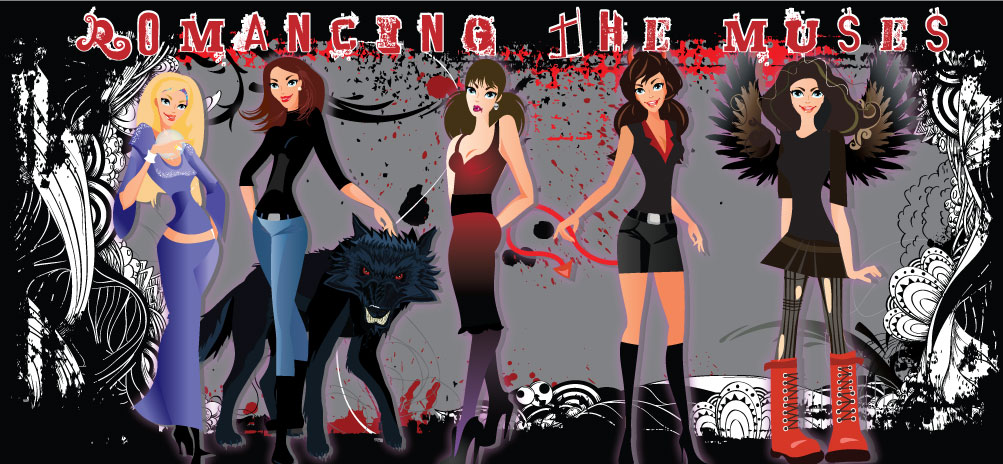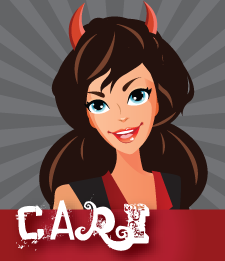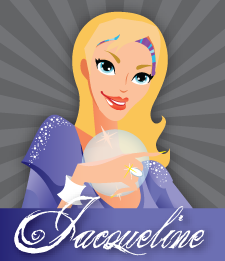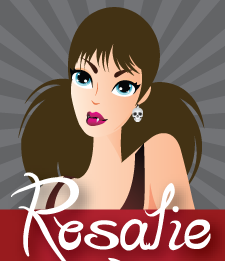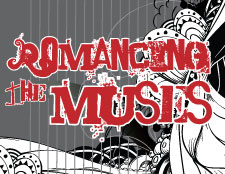Submitting your book to a publisher is undoubtedly one of the biggest days in an author's life. It's part leap of faith, part confidence, part sheer bravery. But before you get to that point, you need to do something first. You need to write the book - beginning, middle and end. Seems simple enough until you do it.
Some people say each book gets easier as you go along. I'm not sure if that's true, but even so there are books that sap the ever living daylights out of you and wring you so dry you think you're crazy for wanting this job at all.
The last book I finished was one of those. It took me three tries to get my ending right, and that involved two complete - and very different - endings. Once I'd finished the first version, I knew it wasn't right, though my CPs gave me mixed feedback. But I scrapped about 15K and went back to the drawing board. Then I wrote it again, and it worked. The main reason? I let my characters drive the book and not me.
Non-writers think that sounds like crazy talk. "But you made up those characters!" Yes, I made them up. But if I did my job right, at some point the flaws and traits I put on the page evolved into a character who would act in certain ways, though not necessarily how I would prefer. As long as I'm true to who the character is at their core, everything will work out. Accepting that is the hard part.
Every time I've stalled at the end of a book, it's been due to author intrusion. I'm very cognizant that certain reactions from a hero/heroine are "more acceptable" to readers than others and with my last book, I fought hard to stay within the constraints of those unspoken rules. Only problem was my hero wasn't about to do the heroic thing yet. He couldn't. He hadn't learned enough. So either I shoehorned him into a role he wasn't ready to accept or I let the scenes play out as they may.
Even with the second full rewrite, I had additional scenes in mind. I'd intended to draw the end scene out more because I know readers like to enjoy that HEA or HFN for a short while after all the time it has taken to get there. But yet again, my characters told me when to stop. And this time I listened.
Characters can be stubborn as all get out, insisting they know best. In my experience, they usually do. So if you're having trouble getting through a certain scene or part of your book, ask yourself if you're forcing your characters to behave in ways that don't match the individuals you've created.
Would Jane really pledge her undying love to the hero on page 125 or is that what you figured should happen at that point in the book? Is Jason really capable of selling his business and taking a sailboat cruise around the world after the black moment or would he be more likely to try to fight to the death to hold onto what is his? Give yourself the mental space for the characters to tell you their next step. They will...but probably on their timetable rather than yours.
What about you? Do you have trouble with endings or do you let your characters steer the ship from page one? Do you have another tactic for fighting through a stubborn scene or section of your story?
Showing posts with label Craft. Show all posts
Showing posts with label Craft. Show all posts
Friday, February 25, 2011
Friday, January 28, 2011
Refilling the well
Writers like to talk about producing wordcount, tracking goals, meeting objectives. Which is all well and good. It's hard to reach a goal you haven't set for yourself. You can, of course. But it helps give you focus if you state - sometimes publicly - that I'm going to do XYZ by a certain date. For some people, they refuse to miss those self-generated deadlines. I'm not one of those people. Actually, when I state a goal, I usually don't make it. I don't know if it's my stubborn nature or performance anxiety or what, but I seem to do better when I keep my goals to myself and just plod away.
Sometimes there are other reasons we don't make our goals, and it's not just procrastination. Life throws all of us curve balls from time to time and the worst thing you can do to a protesting muse is to demand she produce when your head's not in the game. If you've just had some sort of major life change, or even one that seems minor but affected you profoundly, now's probably not the best time to expect yourself to finish a book or tackle a new one in a genre than challenges you. You need to give yourself that space to want to return to writing again.
Every time I've believed my words have "dried up", they always come back. But they come back on their own timetable, not mine, and forcing them only means I'll be in for rewrites later on.
One thing that helps get you back in the frame of mind for writing is refilling the well. Lots of different things can do that - watching a movie, visiting a museum, even taking a walk - but the trick I most often use is to look at photographs. Sometimes I pick out pictures of my hero and heroine, but not always. My preferred method is to flip through stock photography sites until I find a picture that makes me think. It could be a couple arguing or holding each other or any number of other things. And then I let my thoughts go and see if that photo doesn't trigger something in my work in progress or maybe a whole new story altogether. Whatever gets your brain spinning creatively is a very good thing.
What do you do to refill the well?
Sometimes there are other reasons we don't make our goals, and it's not just procrastination. Life throws all of us curve balls from time to time and the worst thing you can do to a protesting muse is to demand she produce when your head's not in the game. If you've just had some sort of major life change, or even one that seems minor but affected you profoundly, now's probably not the best time to expect yourself to finish a book or tackle a new one in a genre than challenges you. You need to give yourself that space to want to return to writing again.
Every time I've believed my words have "dried up", they always come back. But they come back on their own timetable, not mine, and forcing them only means I'll be in for rewrites later on.
One thing that helps get you back in the frame of mind for writing is refilling the well. Lots of different things can do that - watching a movie, visiting a museum, even taking a walk - but the trick I most often use is to look at photographs. Sometimes I pick out pictures of my hero and heroine, but not always. My preferred method is to flip through stock photography sites until I find a picture that makes me think. It could be a couple arguing or holding each other or any number of other things. And then I let my thoughts go and see if that photo doesn't trigger something in my work in progress or maybe a whole new story altogether. Whatever gets your brain spinning creatively is a very good thing.
What do you do to refill the well?
Subscribe to:
Posts (Atom)
